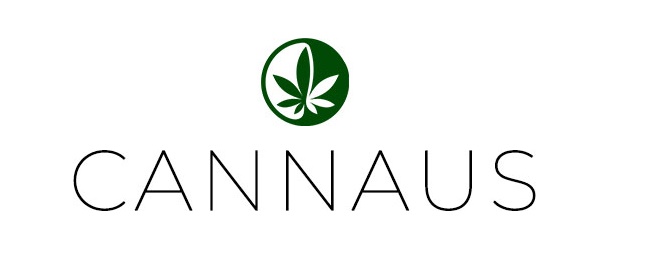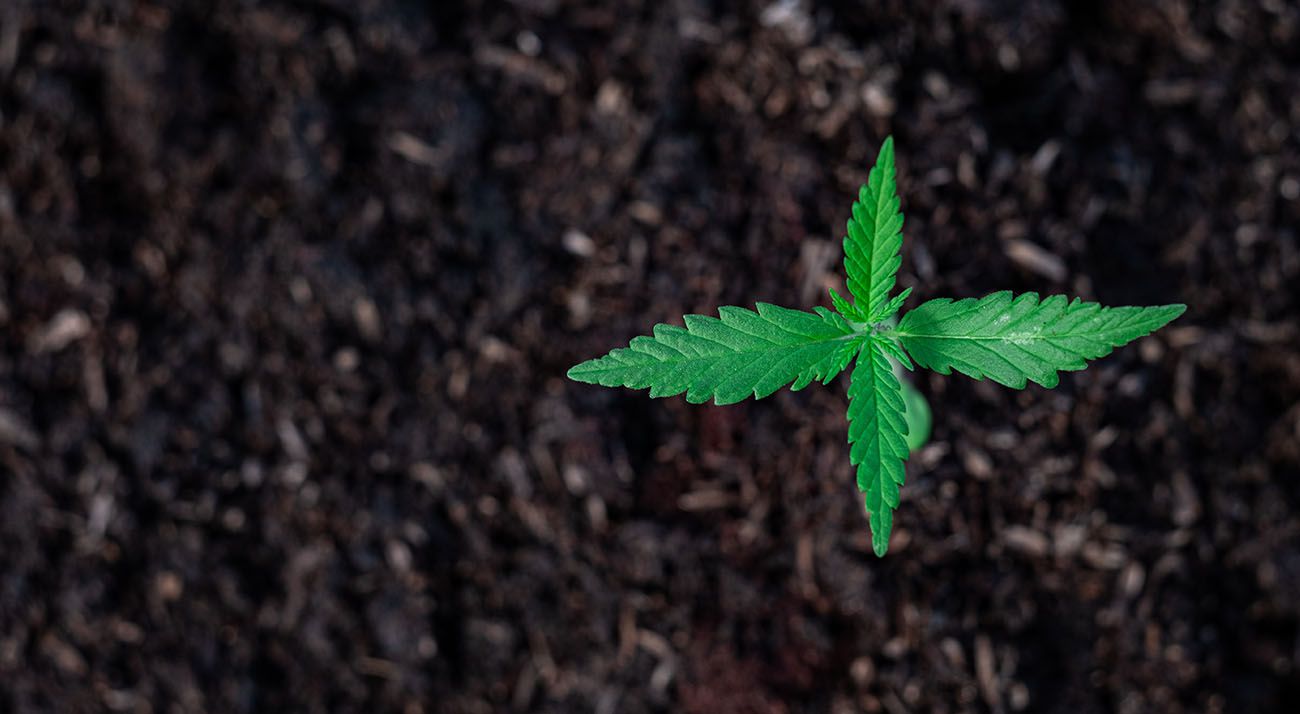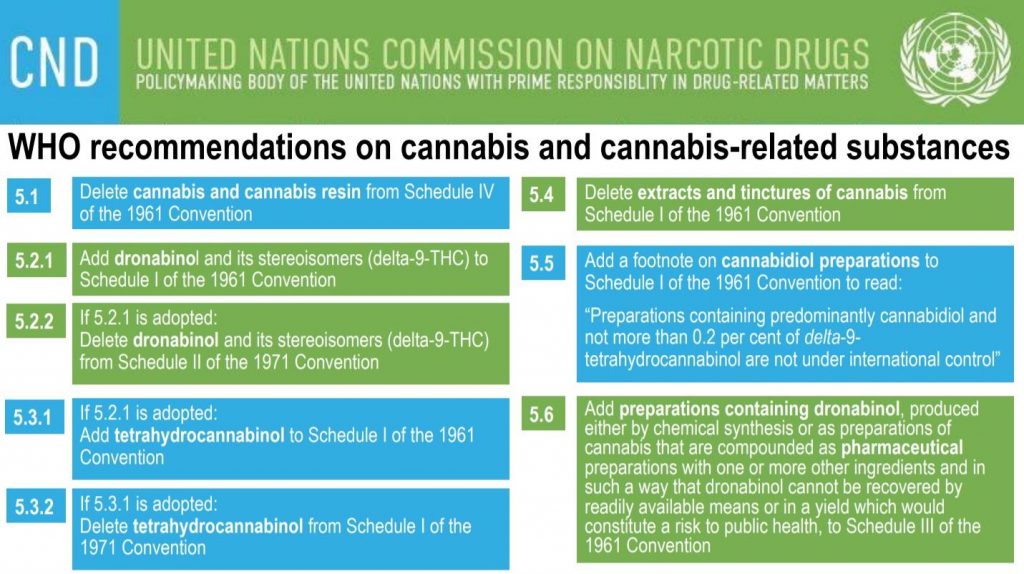On December 2nd, the United Nations Commission on Narcotic Drugs will gather to vote on a set of recommendations made by WHO concerning cannabis.
The largest recommendation will see THC (a psychoactive component of cannabis) removed from the 1961 Drug Convention and rescheduled with cannabis as Schedule 1 drug – the least restrictive classification.
WHO are also recommending that cannabis extracts and tinctures be removed as Schedule 1 drugs. Tinctures are herbal extracts of cannabis mixed with alcohol or vinegar. Other recommendations adjust the 1971 Convention on Psychotropic Substances.
While the vote may seem bureaucratic, it has enormous implications for the 53-member states. Specifically, it will influence global legislation surrounding cannabis, as well as the way the U.S Food and Drug Administration, Australian Therapeutic Goods Administration and European Medicines Agency treat cannabis extracts like CBD oil.
According to experts like EcoGen BioSciences’s President, Garrett Bain, the rescheduling of THC will give cannabis medicines more legitimacy. Bain also mentioned that:
A vote that deschedules cannabis or allows for “medical use” would send a global message on the positive shift towards cannabis acceptance.
Bain believes adopting the recommendations will have a “rippling effect” on countries who are staunchly opposed to the drug. The rescheduling would also prompt more clinical research into cannabis and it’s uses, as well as more education on medical cannabis.
If the vote rejects the recommendations, there is also the possibility of cannabis gaining even more stigma or more restrictions in member states.
WHO initially made the recommendations in January 2019. The recommendations underwent an initial vote in February 2019, but the vote was rescheduled until March 2020, when members asked for more time. Naturally, the vote was delayed with COVID-19. The public will know the U.N’s decision in December.
Australia’s current Permanent Representative to the United Nations is Dr. Brendon Hammer









